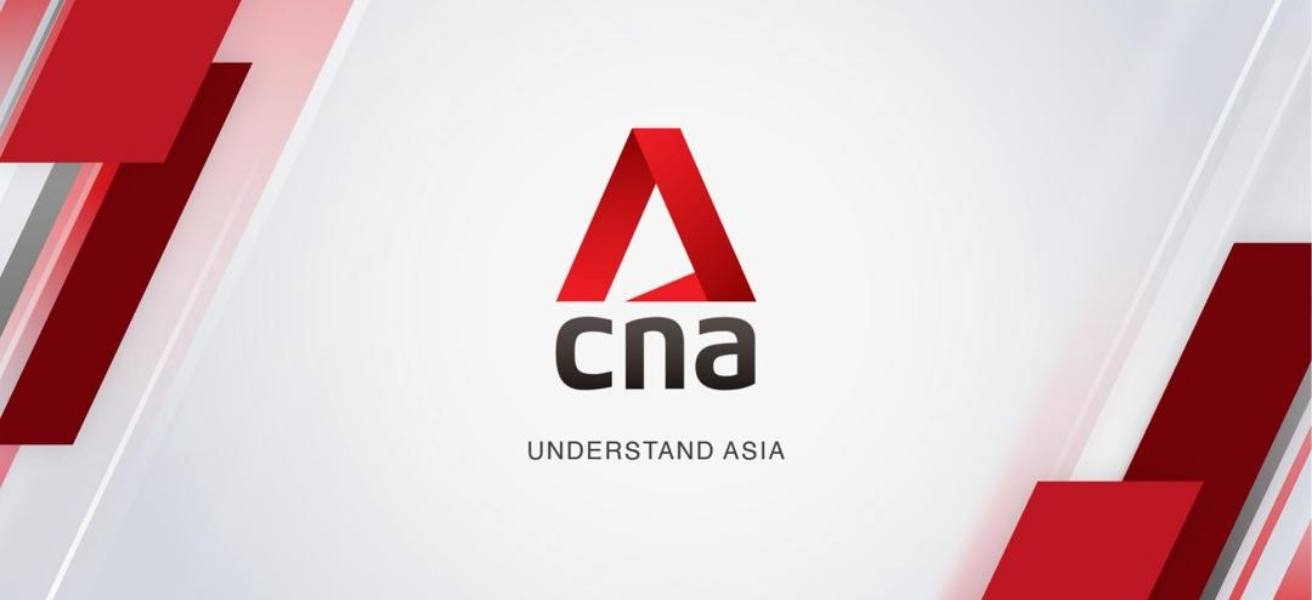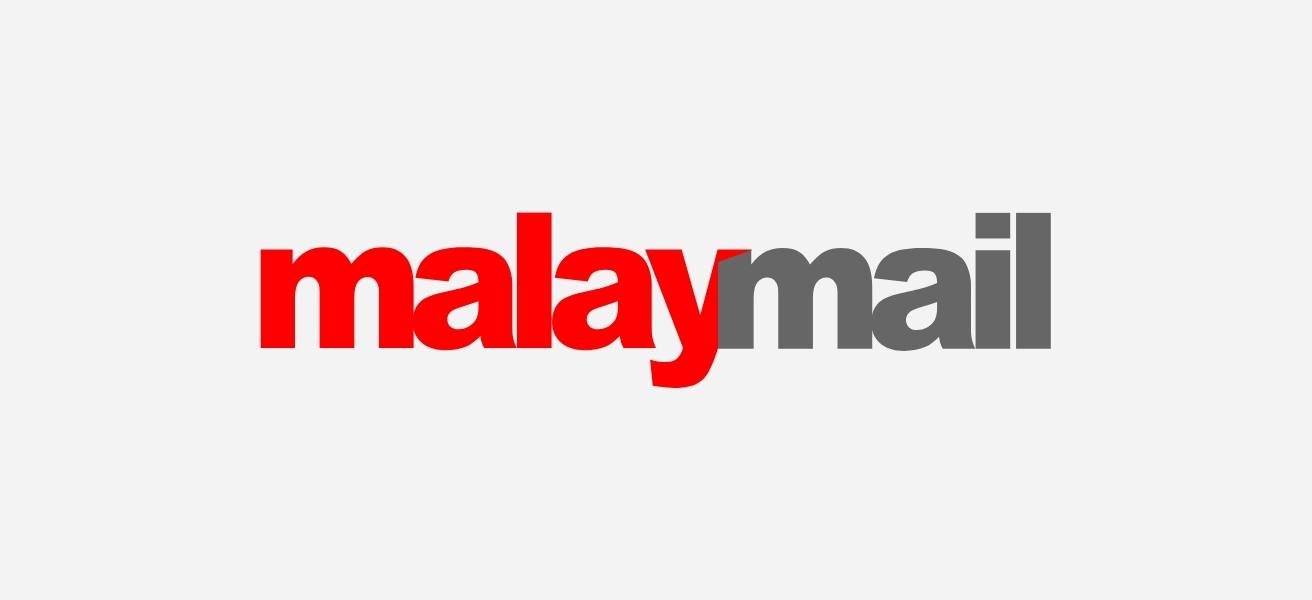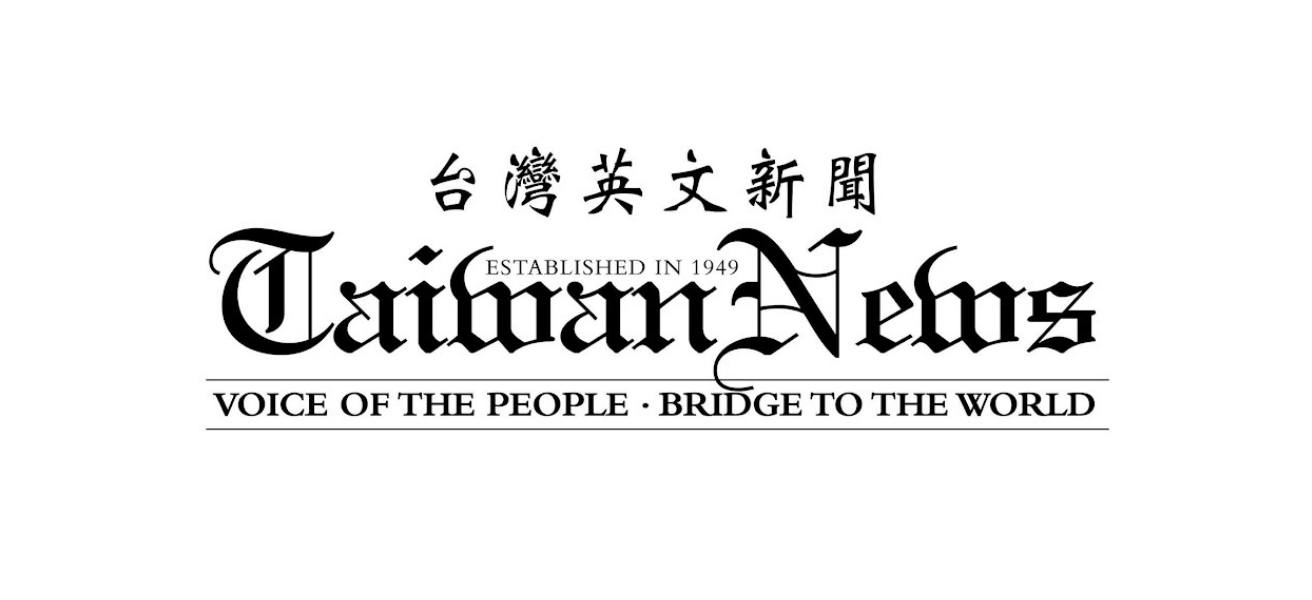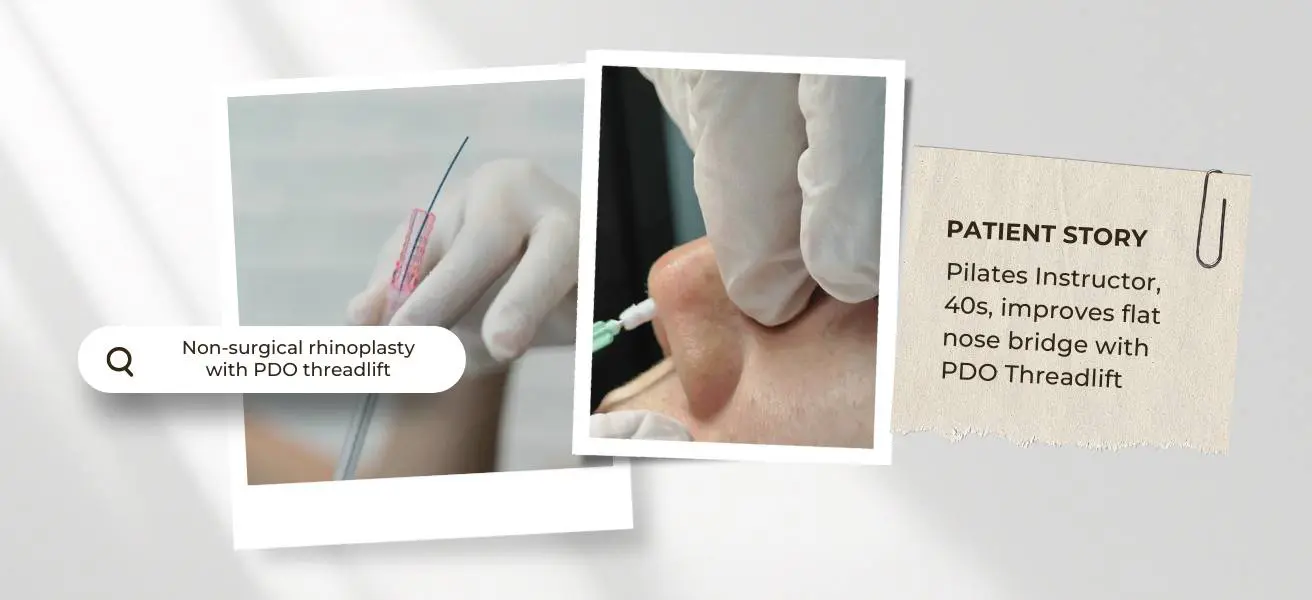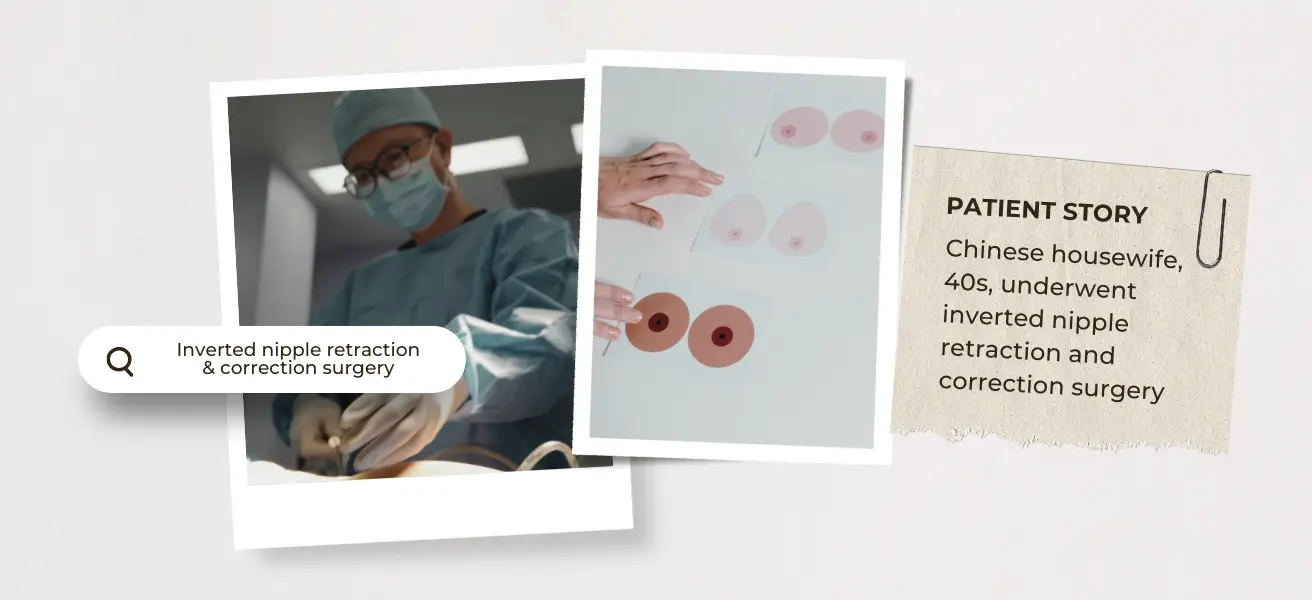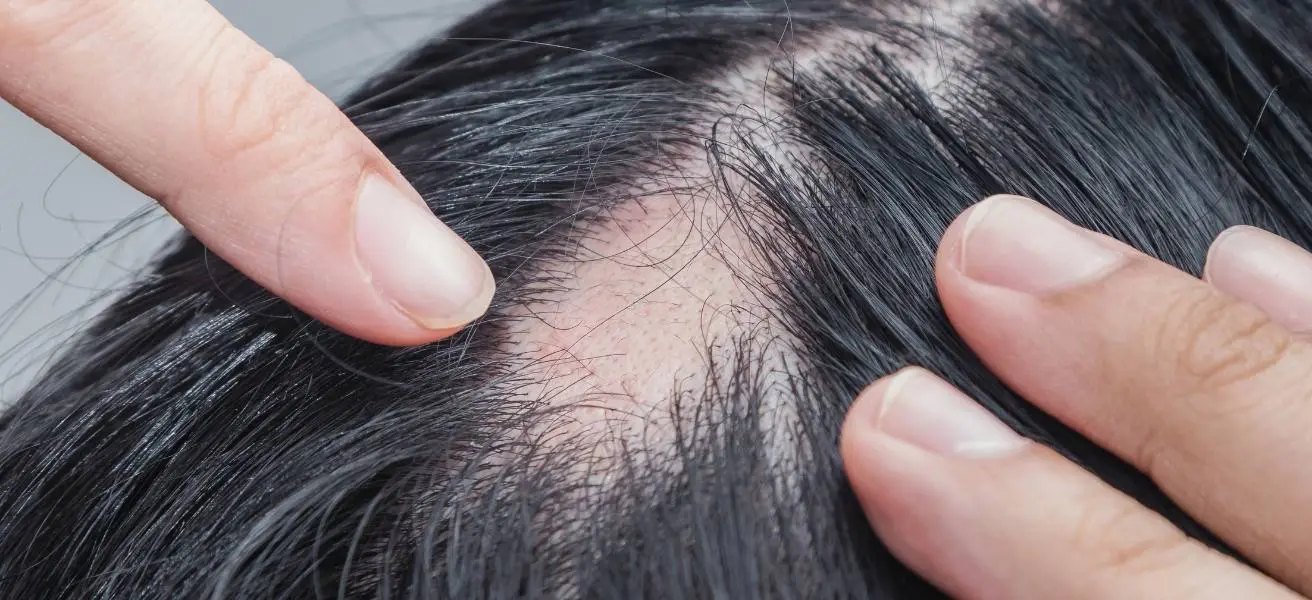"Abs are made in the kitchen." Weight loss, just like abs, also starts in the kitchen. Here are some healthy dietary habits to consider.
Table of Contents
There’s no doubt that youth and beauty go hand in hand. Even in cultures where old age is especially respected and honoured – including Chinese, Japanese and Korean – a youthful appearance is still regarded as more attractive and desirable. Possibly unfair, but most definitely true!
Our almost universal yearning for even skin tone and texture, a taut jawline and the absence of wrinkles continues to fuel the creation of aesthetic and cosmetic services. But to ensure the best outcomes for a particular individual, it’s vitally important to understand the structural and functional differences among ethnic groups.
Here, DR IVAN PUAH of Amaris B. Clinic talks us through some key points on the topic, plus the different anti-ageing treatments such as hyperpigmentation treatment, including Picolaser and Ultherapy.
Impact of ethnicity on skin ageing
Signs of ageing vary according to both ethnicity and skin colour, Dr Puah confirms. For example, age spots are the first signs of sun damage. Lighter complexions are more susceptible to age spots, and tend to develop them at an earlier age. This is because the melanosomes in darker skin can contain up to twice as much more melanin, which is what protects us against sun-related UV damage.
For paler skin, fine lines and wrinkles tend to be the key signs of ageing. Darker skins, however, are more prone to deep folds, especially the nasolabial folds that run from the bottom of the nostrils to the mouth corners.
Interestingly, he adds, Hispanic and East Asian people have a higher incidence of age-related hyperkeratosis. These are patches of thickening of the outer layer of skin that can lead to cancer, and absolutely need to be treated.
Caucasian skin

Unfortunately for them, Caucasians develop signs of photo-ageing earlier than other populations. Their low pigmentation puts them at a considerably higher risk of sunburn and all its damaging effects, as already mentioned.
What’s more, the protective outermost layer (or stratum corneum) of Caucasian skin is a lot thinner and less cohesive than Asian skin. Reduced skin elasticity is another factor, along with age-related collagen loss. “All this results in fragile skin and noticeable ageing,” explains Dr Puah.
The typical Caucasian-aged face has:
- Fine lines around the eyes and mouth
- Skin sagging, causing jowling of the neck and a loss of jaw definition
- Both fine and deep wrinkles on the forehead and between the eyebrows
- Mid-face changes caused by loose eyelid skin, excess soft tissue, and downward migration of fat pads
Caucasians also suffer more from reduced lip volume and lines around the mouth. “This is probably due to a combined effect of muscle action and the more harmful effects of excessive UV exposure on lighter skin.”
Asian skin

One useful study assessed the facial skin of various Asian populations in different age groups. It found that subjects from Japan generally had greater skin surface moisture across all age groups, while subjects from China had the highest average levels of trans-epidermal water loss, indicating less effective barrier function.
Interestingly, of all the Asian skin tested, those from the Philippines and India had the least skin variation with age. Lucky them!
Those from Seoul, South Korea, and Calicut, India, had the highest sebum readings – the skin’s natural protective oily substance to keep skin moist and healthy. Except for those in the 25-to-40-year-old group, sebum content decreased with age. After that, declining levels of hormones such as oestrogen reduced sebum production in females, affecting the skin’s barrier function and resulting in drier skin.
Skin colour variation by ethnic group
The number of melanocytes in the skin is similar across all ethnic groups. Different shades of skin are the result of different levels of melanocyte activity, combined with cell makeup and grouping.
Fair skin is more prone to UV damage and has a higher risk of developing skin cancer. As mentioned, dark skin enjoys more protection from UV rays: the UVB protective factor found in dark skin is around 13, as opposed to just 3 in fair skin. That’s a whopping difference!
No one likes dark spots or uneven skin colour, but these issues can be experienced differently. For example, Asian skin tends to become darker and more yellow with age. Caucasian skin, on the other hand, often becomes darker and redder. Social norms differ too. In the US, a sun-tanned look is often admired across racial groupings, whereas in Southeast Asian, women generally prefer to be fair.
That said, uneven skin tone is a major issue for most populations. All over the world, studies show that an even, clear complexion is right up there when it comes to perceptions of attractiveness.
Tailored hyperpigmentation treatment
The various types of hyperpigmentation do not all respond in the same way to a particular treatment. Correct diagnosis is therefore essential! Amaris B. Clinic practises personalised medicine, tailoring its treatments to each individual’s unique needs. Picolaser treatment is a popular hyperpigmentation treatment that is recommended in the personalised plan – here’s why.
Picolaser hyperpigmentation treatment
Picolaser’s laser energy delivers ultrashort pulses and selected wavelengths into the skin to shatter pigmentation into tiny particles, which will be removed naturally in the body over time. The reduced heat applied will not cause damage to the skin surface. This means faster recovery for you!
Picolaser effectively targets:
- Freckles
- Post-inflammatory hyperpigmentation
- Solar lentigines
- Melasma/chloasma
- Post-acne pigmentation
- Age spots
- Computer radiation spots
- Uneven skin tone
- Cafe-au-lait spots
- Birthmarks
- Skin dys-pigmentation, blue hyperpigmentation and blue or grey facial patches
Simultaneously, Picolaser also stimulates collagen reproduction, rejuvenating skin tone and texture.
Three great ways to volume up, lift and tighten your face
#1 Facial fat grafting
Facial fat loss is a major cause of saggy skin and the formation of jowls, hollows, creases and wrinkles.
Also known as autologous fat transfer, micro-fat grafting or facial fat grafting, ADR-C facial fat grafting is a minimally invasive procedure where the doctor removes fat from another area of the body – often the hips, thighs or buttocks – then cleanses and processes it before reinjecting it into parts of the face where it is needed.
By helping to restore lost facial fat, the ADR-C Facial Enhancement treatment can restore facial volume, smoothen out facial lines and improve skin texture.
#2 Ultherapy
One of Amaris B. Clinic’s key treatments, Ultherapy is an ultrasound-based modality that rejuvenates ageing skin. Using high-intensity micro-focused ultrasound energy together with a technology known as real-time visualisation, it works to lift and tighten the skin, restoring its elasticity and youthful appearance. It’s FDA-cleared to treat not only saggy cheeks and jowls, “turkey neck” and droopy eyelids, but also lines and wrinkles on the chest.
By stimulating collagen production simultaneously, Ultherapy can deliver a significant lift over two to three months, and continue to show results in the months to come.
#3 UltRA+ Lift
This double-strategy treatment combines Ultherapy (MFU-V) with a filler consisting of a hyper-diluted form of Calcium Hydroxyapatite (CaHA). Together, they work to counter the complex effects of skin ageing, such as sagging skin, depletion of collagen and volume loss.
Multiple studies have shown the beneficial results and positive outcomes of this combined treatment, not only on the face and neck but also to target laxity of the arms and other parts of the body.
To discuss any ageing issues and treatment options, set up an appointment with Dr Puah.
About Dr Ivan Puah and Amaris B. Clinic
Dr Puah is the medical director of Amaris B. Clinic. He obtained a Graduate Diploma in Family Dermatology from NUS and has over 17 years of clinical experience treating patients with skin laxity, wrinkles, fine lines, hyperpigmentation, acne scarring and other issues. He’s also the appointed trainer-to-doctor by Merz Singapore and Allergan Singapore.











